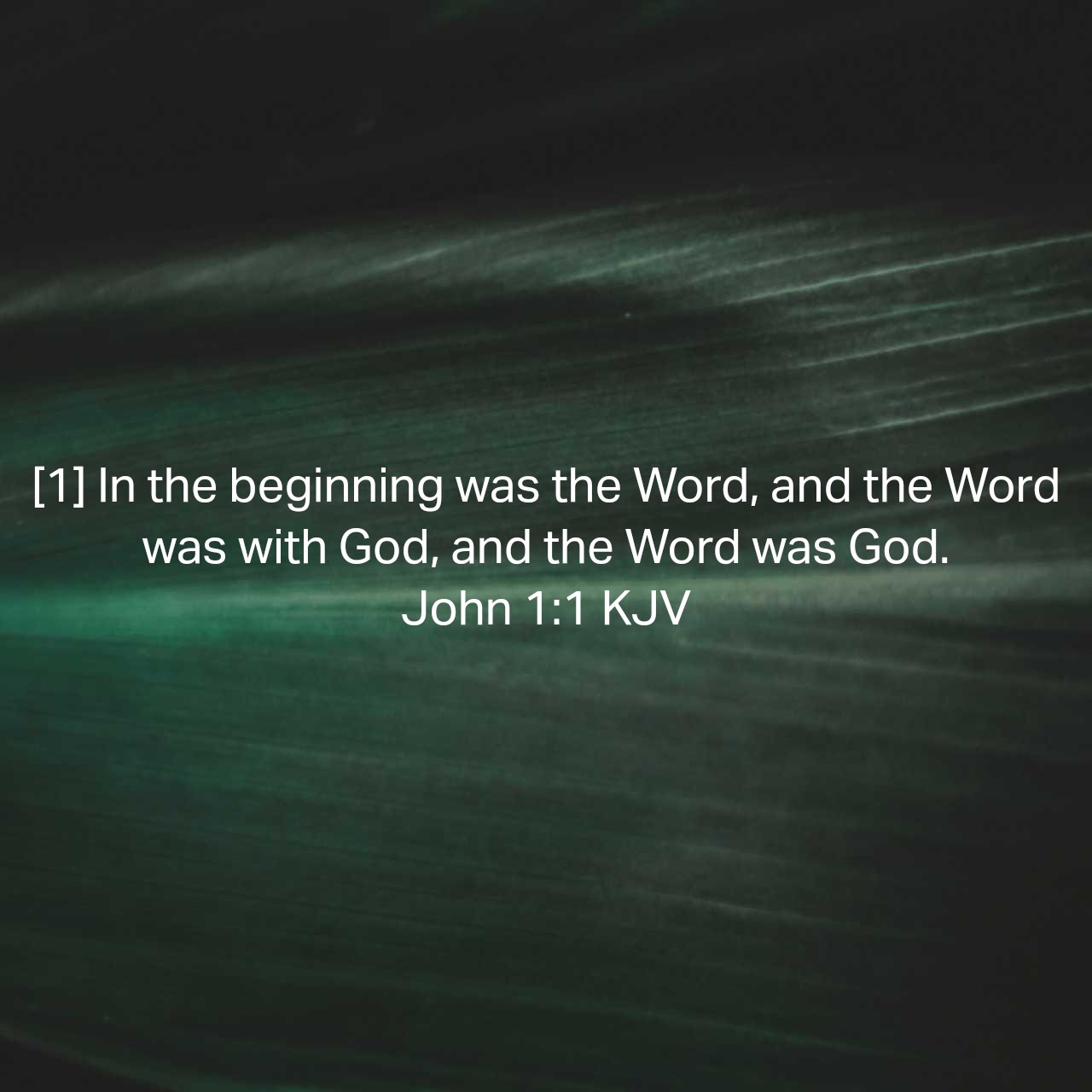John 4:24 (KJV)
“God is a Spirit: and they that worship him must worship him in spirit and in truth.” Read more here. Introduction John 4:24 highlights the nature of God as Spirit and the essential manner in which He must be worshiped. Interpretation This verse underscores the spiritual nature of God, emphasizing that true worship must be … Read more




